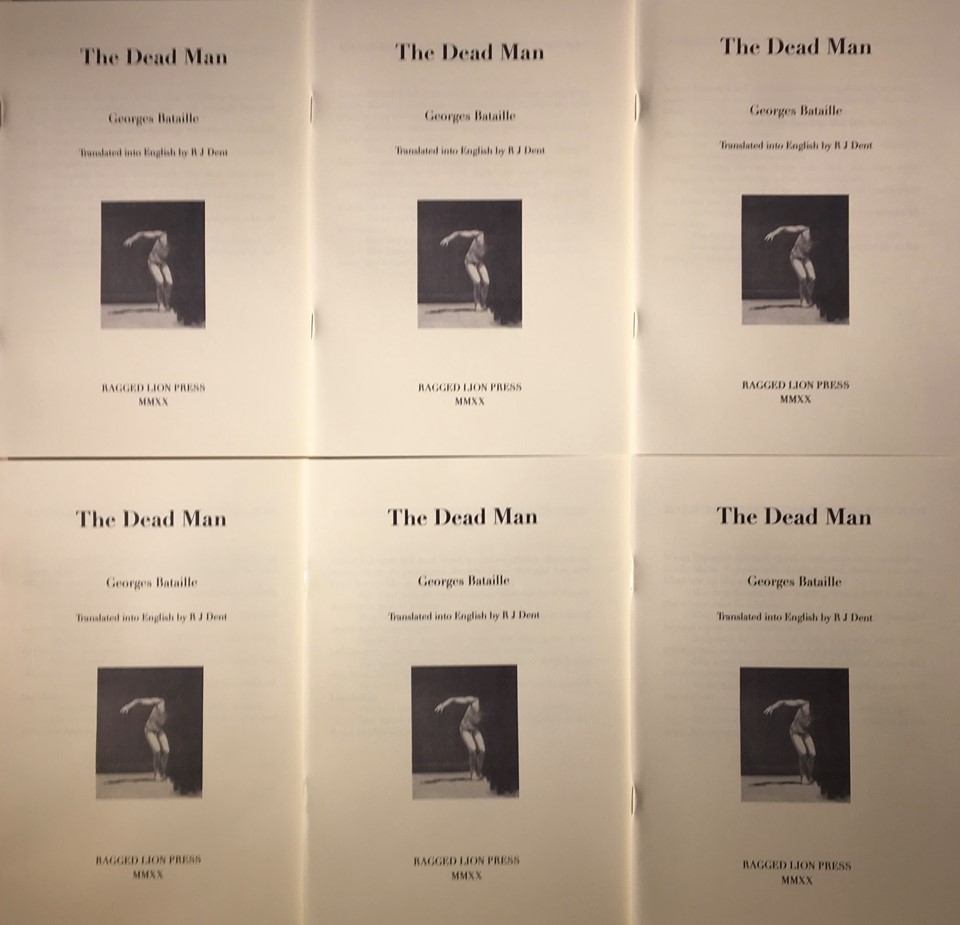Jean Genet (19 December, 1910-15 April, 1986) was a French novelist, playwright, poet, essayist, and political activist.

Early in his life he was a vagabond and petty criminal, but he later took to writing.
Throughout his five early novels, Genet works to subvert the traditional set of moral values of his assumed readership. He celebrates a beauty in evil, emphasizes his singularity, raises violent criminals to icons, and enjoys the specificity of gay gesture and coding and the depiction of scenes of brutality and betrayal.
NOVELS:
By 1949, Genet had completed five novels, three plays, and numerous poems, many of them considered controversial for their explicit and often deliberately provocative portrayal of homosexuality and criminality.

Our Lady of the Flowers (Notre Dame des Fleurs, 1943) is a journey through the prison underworld, featuring a fictionalized alter-ego by the name of Divine, usually referred to in the feminine, at the center of a circle of queens with colourful sobriquets such as Mimosa I, Mimosa II, First Communion and the Queen of Rumania.

The Miracle of the Rose (Miracle de la rose, 1946) is a fictionalized autobiography which describes Genet’s time in Mettray Penal Colony.

The Thief’s Journal (Journal du voleur, 1949) is also a fictionalized autobiography and it describes Genet’s experiences as a vagabond and prostitute, as he wanders across Europe.

Querelle of Brest (Querelle de Brest, 1947) is the story of a murder set in the midst of the port town of Brest, where sailors treat life with brutal carelessness.

Funeral Rites (Pompes funèbres, 1949) is a story of love and betrayal across political divides, inspired by the death of the narrator’s lover, Jean Decarnin, who was killed by the Germans during the Second World War.
PLAYS:
Jean Genet’s plays present highly stylized depictions of ritualistic struggles between outcasts of various kinds and their oppressors. Social identities are parodied and shown to involve complex layering through manipulation of the dramatic fiction and its inherent potential for theatricality and role-play.

In The Maids (1947), the eponymous maids imitate one another and their mistress.

In Deathwatch (Haute Surveillance, 1947), three prisoners are locked up in the same cell. One is to be guillotined. Confinement traps each of them in solitude and immense unhappiness, which lends them a certain dignity.

Splendid’s (1948) is a full-length drama, and
Her (Elle, 1955) is a one-act play.

In The Balcony (1957), the clients of a brothel simulate roles of political power before, in a dramatic reversal, actually becoming those figures, all surrounded by mirrors that both reflect and conceal.

In The Blacks (1959), Genet offers a critical dramatization of what Aimé Césaire called negritude, presenting a violent assertion of Black identity and anti-white virulence framed in terms of mask-wearing and roles adopted and discarded.

The Screens (1961), Genet’s most overtly political play, is an epic account of the Algerian War of Independence.
NON-FICTION:

Genet wrote an essay on the work of the Swiss sculptor and artist Alberto Giacometti entitled The Studio of Alberto Giacometti (L’Atelier d’Alberto Giacometti, 1957).

It was highly praised by Giacometti himself and by Pablo Picasso. Genet wrote in an informal style, incorporating excerpts of conversations between himself and Giacometti.

Prisoner of Love (Un Captif Amoureux, 1986) is a memoir of Genet’s encounters with Palestinian fighters and Black Panthers. In 1970, he had spent two years in the Palestinian refugee camps in Jordan. Visiting Beirut in September 1982, Genet found himself in the midst of the Israeli invasion of the city. He was one of the first foreigners to enter Shatila refugee camp after the massacre of hundreds of its inhabitants.
POETRY:
Genet also wrote several poems.
- “The Man Condemned to Death” (“Le Condamné à Mort”) (written in 1942, first published in 1945)
- “Funeral March” (“Marche Funebre”) (1945)
- “The Galley” (“La Galere”) (1945)
- “A Song of Love” (“Un Chant d’Amour”) (1946)
- “The Fisherman of the Suquet” (“Le Pecheur du Suquet”) (1948)
- “The Parade” (“La Parade”) (1948)
These poems have been translated into English by Jeremy Reed and George Messo and published as Jean Genet: The Complete Poems.

Jean Genet developed throat cancer and was found dead on 15 April 1986, in a hotel room in Paris. He is buried in the Spanish Cemetery in Larache, Morocco.


Jean Genet’s books are available at:
https://www.amazon.co.uk/Jean-Genet/e/B000APBLYE
Follow R J Dent’s work on:
Website: http://www.rjdent.com/
Amazon: http://www.amazon.co.uk/R.-J.-Dent/e/B0034Q3RD4
Blog: https://rjdent.wordpress.com/
twitter: https://twitter.com/RJDent
facebook: https://www.facebook.com/rjdentwriter
YouTube: https://www.youtube.com/user/rjdent69



























